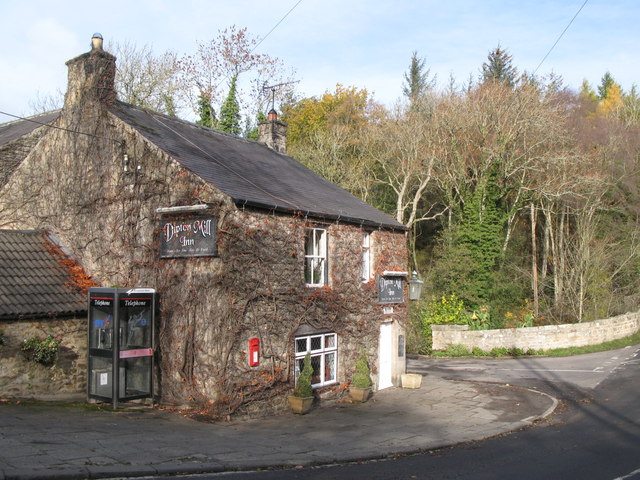Your local pub is much more than just a place to drink and my scientific study of the impact of pubs on rural communities has proved they are a vital service the north east cannot afford to lose.
The ongoing decline of essential services in rural areas of the north east is significant, but hardly surprising. Smaller populations and fewer opportunities in terms of public transport make the countryside less attractive compared to urban areas from a business perspective. But this is a tragedy for those communities losing their pubs, post offices, village shops, libraries and other facilities that once made their villages attractive places to live.
Moreover, businesses in the countryside are not just mere businesses. Take rural pubs for instance: these places provide physical spaces for people to congregate and join together. And frequently rural pubs represent the starting point for many communal activities which involve entire communities which almost certainly would have no other opportunities otherwise.
In 1980 there were 69,000 pubs in the UK. But now there are just 48,000 – fewer than the number of supermarkets in the country.
I’ve been studying pubs and their impact on people for years, trying to verify whether their alleged positive aspects and effects on people had some scientific validity, other than being good anecdotal material. In my last research study, recently published in the Regional Studies journal, I focused on pubs serving rural communities in northern England, selecting villages and parishes located in the most peripheral and remote areas of the country. And my research demonstrates that a thriving pub gives a village greater community spirit and stronger businesses.
Together with Dr Matthew Mount from Leeds University Business School, we examined data from 715 rural parishes located in the north east, north west and Yorkshire. We collected a wide range of information about these parishes, such as the availability of local facilities and services, size of resident population, level of employment etc, in order to create an index measuring levels of community cohesion and well-being carried out at a local level. The index encompassed four main dimensions, measuring levels of civic engagement and communal involvement within the selected parishes.
In the end, we combined these data and run a set of mathematical models to see whether the presence of pubs was having a significant positive impact on all the four dimensions examined in the selected parishes. Results confirmed this predicament, with findings clearly indicating a high level of complementarity between pubs and social events and activities occurring in the parishes, indicating these places as more effective in promoting community events – such as sport matches, charity events, and social clubs – than other places such as sport or village halls. Simply speaking, opportunities for communal initiatives would be extremely reduced, if not inexistent, in these parishes without the presence of pubs.
Our study is still progressing towards measuring the impact that the closure of other types of services, such as village shops or libraries, may have on rural parishes in northern England. Meanwhile, what can be done to preserve healthy rural pubs, shops and other facilities from unnecessary closures?
Some action is being taken already. The Localism Act for instance, provides communities with an instrument to preserve those businesses that actually represent an asset for their villages. Local authorities have also begun to introduce some policies in support of rural businesses by creating ad-hoc rate relief schemes. However more should be done to improve planning regulations, as it is still too easy to convert pub buildings into something else. Just this week, community pubs minister Kris Hopkins said the government intends to introduce legislation meaning planning permission would be required to change the use of or demolish a pub listed as an asset of community value. But with CAMRA research indicating that two pubs are converted to supermarkets every week, this protection may need to be extended further.
The disappearance of rural services is leaving massive black holes in our countryside and further government action is needed to ensure that rural way of life is maintained. However, we all have a part to play in preventing business closures, by supporting essential services and facilities in rural areas. Use them or lose them – and once they are gone, they may never come back.
Dr Ignazio Cabras is a reader in economics, business and management at Newcastle Business School. You can follow him on Twitter.
What more could be done to protect rural communities in the north east? Tell us in the comments section below – by clicking on the little plus sign.
(Views expressed on our website and in our magazines and emails are not necessarily endorsed by Northern Correspondent.)


The planning system can only do so much; planning rules cannot keep pubs open which are not making money. Lower taxes, less regulation and a growing economy are the best way to support a thriving and diverse pub sector – See more at: http://www.theplanner.co.uk/news/ministers-vow-to-protect-pubs?utm_source=Adestra&utm_medium=email&utm_term=#sthash.E6TiHA1H.dpuf